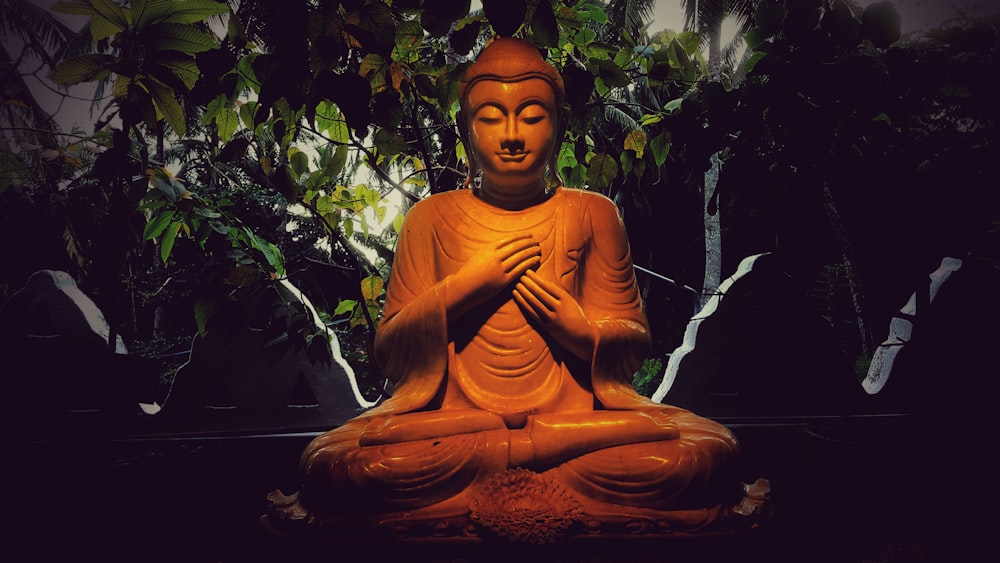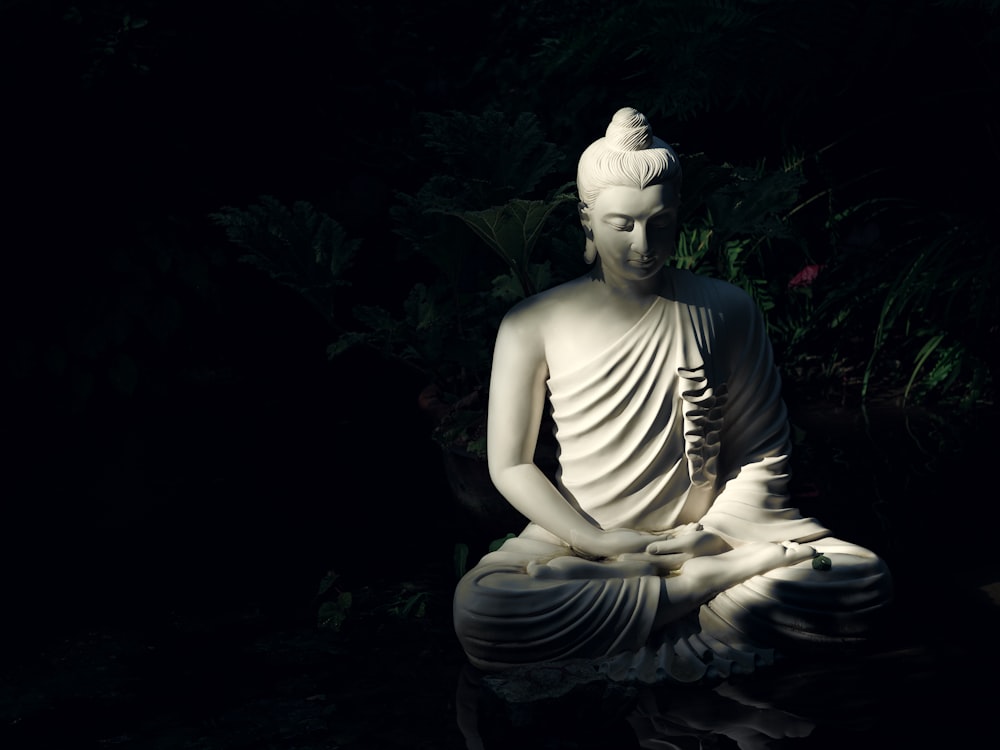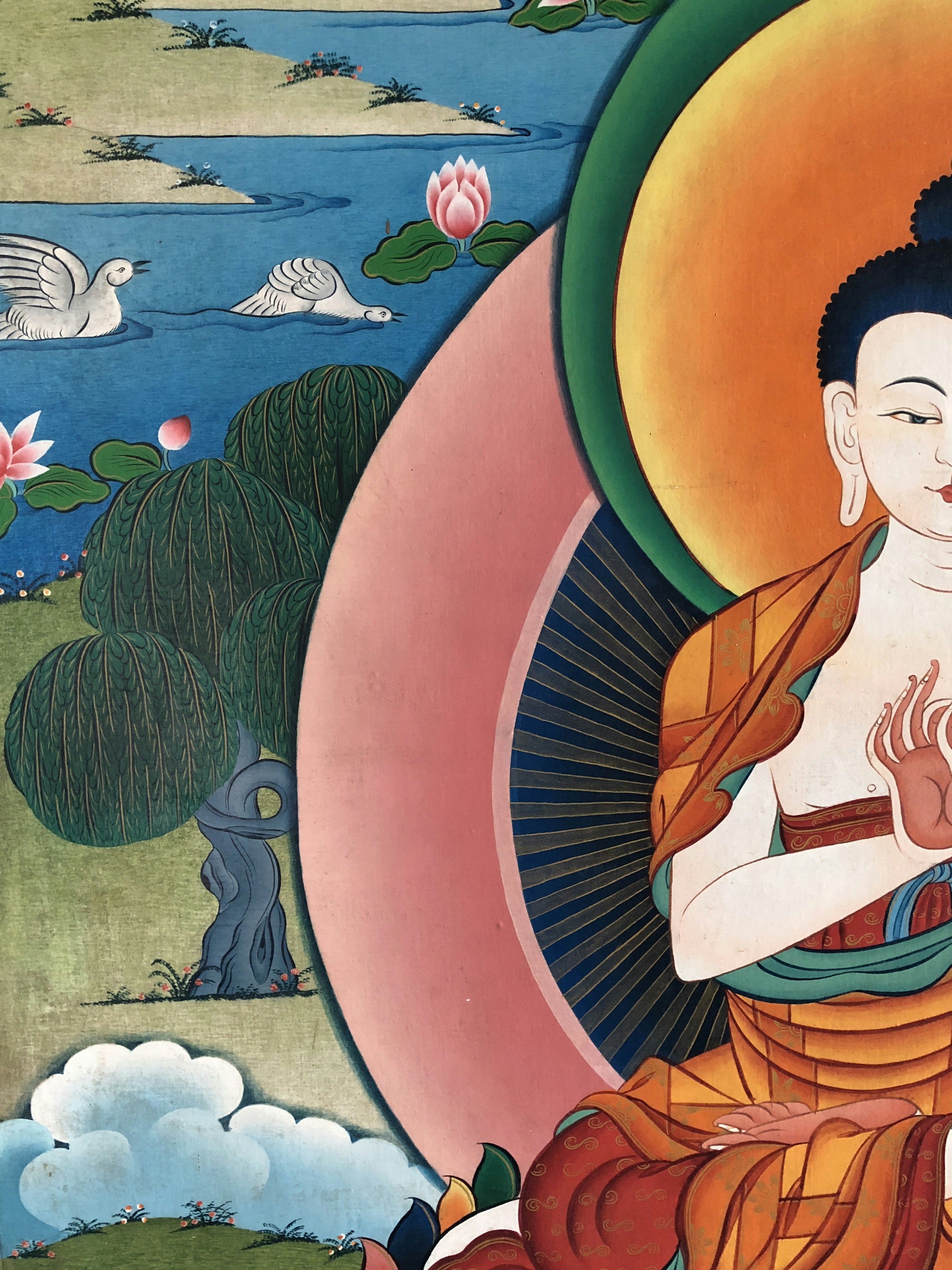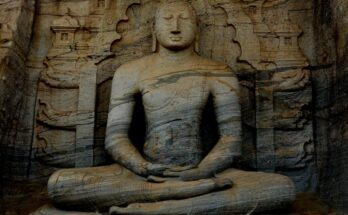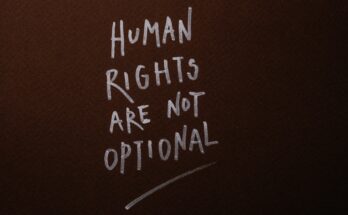Buddhism and Feminism: Similarities and Differences
Buddhism and feminism both value the idea of equality and the importance of recognizing the suffering of all beings. As a religion, Buddhism also emphasizes the importance of understanding the interconnectedness of all life and the importance of treating each other with kindness and compassion. Both Buddhism and feminism strive to create a more equitable society and reduce suffering.
This article is an effort to trace the relevance of feminism in Buddhism. Buddhism is an ancient religion. Feminism is considered to be modern phenomenon. The question here arises is whether two things can be related which appears to be different on the surface? A holistic understanding would help us to answer many question like these. We have also covered the reexamination which Buddhism has gone in recent years. This reexamination has shaped its ideas. When we see the status of women in Buddhism we are able to reach a tentative conclusion.
Discover the relationship between Buddhism and Feminism here. After reading this article you will be able to know many points of agreements and contestation which these two ideologies have. Our motive is not to demean any religion. We try to approach religion from a scientific outlook. Our aim is to shake-off prejudices and offer a different perspective. We have covered various aspects related to Buddhism.
Agreement and Difference
Image Credits: Unsplash.com
Buddhism and feminism agree that the cause of suffering is rooted in attachment and ignorance. In Buddhism, attachment leads to clinging, which can create suffering. Feminism similarly argues that patriarchal structures and systems of power create a system of oppression and suffering for those on the margins. Both Buddhism and feminism aim to reduce suffering by challenging oppressive systems and seeking to create a more equitable society.
However, there are some areas where Buddhism and feminism differ. Some feminists argue that Buddhism does not adequately address issues of gender and power. Additionally, some feminists have argued that Buddhism is not critical enough of systems of power and oppression, and that it does not sufficiently challenge structural inequalities.
Buddhism and feminism have a complex relationship. Buddhism is an ancient religion that is traditionally seen as patriarchal and heavily dominated by men. On the other hand, feminism is a movement that seeks to promote gender equality and challenge traditional gender roles.
Recent Re-Examination of Buddhism
Image Credits: Unsplash.com
In recent years, Buddhism has been re-examined by many feminists who are attempting to reconcile it with feminist principles. Feminist Buddhists have argued that the core teachings of it are inherently liberating and egalitarian, and that the patriarchal elements of it are largely due to cultural influences and interpretations. They argue that the gender-neutral language of the Buddhist texts is evidence of a gender-inclusive outlook from the start.
Feminist Buddhists have also pointed to the presence of female deities and female saints in Buddhism, as well as to the teachings of prominent female teachers such as the Tibetan nun Jetsunma Tenzin Palmo and the Thai nun Buddhadasa Bhikkhuni.
Feminist Buddhists are also seeking to challenge existing gender roles and stereotypes within it, and to encourage the full participation of women in Buddhist practices and institutions. They are advocating for the ordination of female monks in all Buddhist traditions, as well as for more gender-inclusive language and practices.
Ultimately, the relationship between Buddhism and feminism is complex, and will continue to evolve as more people engage in a dialogue between the two traditions.
Buddhism and feminism: Two different Ideologies
Image Credits: Unsplash.com
Buddhism and feminism are two distinct ideologies, yet they have some shared values. It is a religion that emphasizes compassion, non-violence, and tolerance, while feminism is a movement that promotes gender equality and the empowerment of women.
The intersection between Buddhism and feminism has been explored in many ways in recent years. In particular, it has been seen as a potential source of support for feminist struggles, since it emphasizes non-violence and the empowerment of all individuals.
Complicated Relationship: A wider View
Buddhism and feminism have a complicated relationship. As it has traditionally been an institutionalized religion that often excludes women from participating in spiritual practice. It has become more popular and accessible in the Western world. Due to this more feminist-minded interpretations of the religion have emerged. Feminist Buddhist teachers and practitioners emphasize the importance of gender equality and challenge traditional gender roles found in Buddhist teachings. They often focus on the potential of Buddhist meditation and mindfulness practices. It helps empower women and promote self-reflection and growth.
Religion and feminism are two topics that often come into conflict. It occurs due to the differing views on gender roles, power dynamics, and other issues. Many religious teachings have traditionally viewed women as having lesser status than men. While feminist movements have often championed equality of the sexes.
The relationship between religion and feminism is complex and varied, depending on which religious tradition is being discussed. In either case, it is important to recognize that the relationship between religion and feminism is not static. But is constantly changing and evolving.
Status of Women in Buddhism
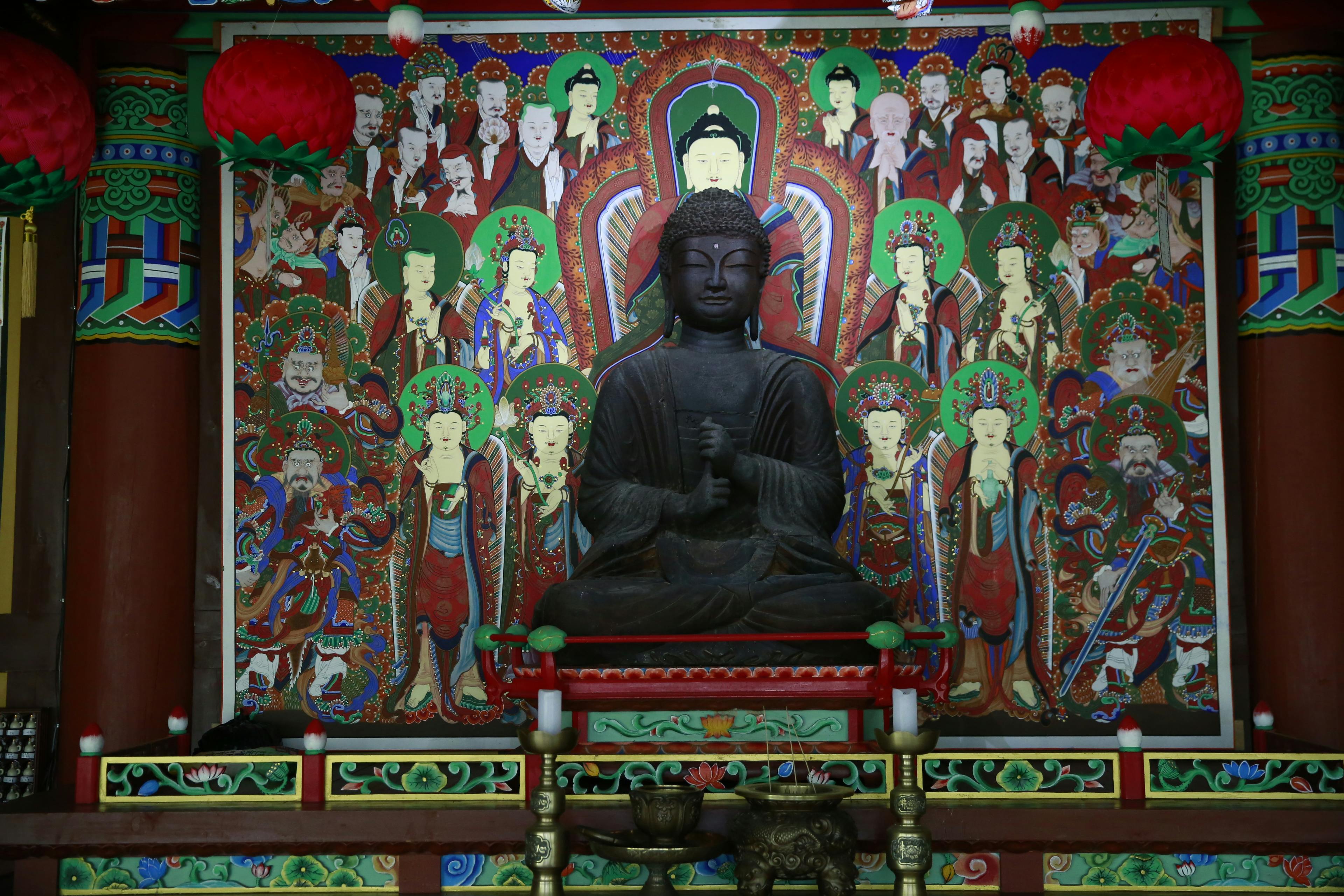
Image Credits: Pexels.com
Women have been involved with Buddhism since its inception. However, as it spread to different cultures, the role of women in the religion has shifted and changed over time.
In modern times, women are becoming increasingly involved in it. These organizations often provide education and resources to help women better understand the religion and pursue opportunities in it.
In addition to organizations, there are also a number of female Buddhist teachers who are working to promote the role of women. These teachers are leading the way in making it more accessible and inclusive for women. They help to create a more balanced and diverse religious community.
LINKS YOU MUST VISIT FOR A THOROUGH UNDERSTANDING:
Check out this dialogic discussion which explores the relationship Buddhism and Feminism
Know about the resilience and Relevance of myths in Modern society
Religion is very formidable. It shapes our prejudices. Know more here


